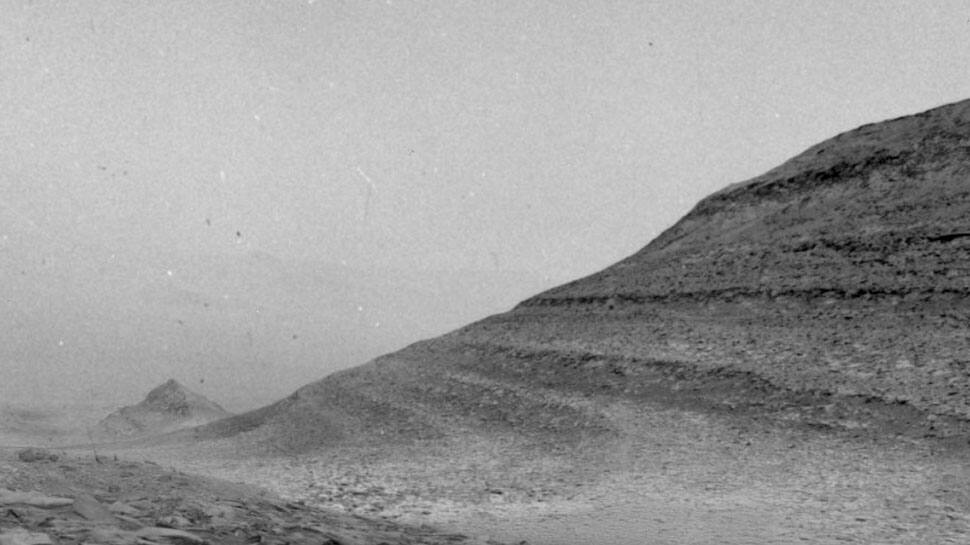Jupiter’s Moon to the Andromeda Galaxy: 5 Breathtaking Photos From Space By NASA
These remarkable images, taken by the US space agency National Aeronautics and Space Administration (NASA), showcase the universe's marvelous visuals. NASA's James Webb Telescope, Hubble Space Telescope, and Chandra Space Observatory have captured these breathtaking views. Revealing the extraterrestrial world in unprecedented detail, NASA regularly releases images never seen before. These cosmic wonders include celestial bodies, planets, nebulae, moons, star clusters, interacting.
Solar Storm on Mars

Andromeda Galaxy

Digging The Dark Hole

NASA released an image created using three computer readouts of actual data with the Roman Coronagraph Instrument. The image shows the starlight leaking into the coronagraph's field of view with only fixed components called masks blocking the star at the center of the circle. Engineers used lasers and special optics to mimic the appearance of a star’s light as observed by the telescope, referring to the test as "digging the dark hole."
Jupiter’s Moon Amalthea








